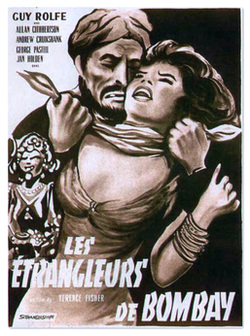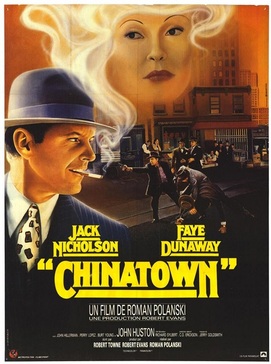QUO VADIS may be the ultimate biblical historical story. Written in 1896 by Polish author Henryk Sienkiewicz, it won him one of the first Nobel prizes in Literature, for his "outstanding merits as an epic writer". Incidentally, corresponding to my current obsession with Cossack films(see those reviews HERE), Sienkiewicz wrote the three Polish Cossack classics, WITH FIRE AND SWORD (Ogniem i mieczem), THE DELUGE (Potop), and FIRE IN THE STEPPE (Pan Wołodyjowski).
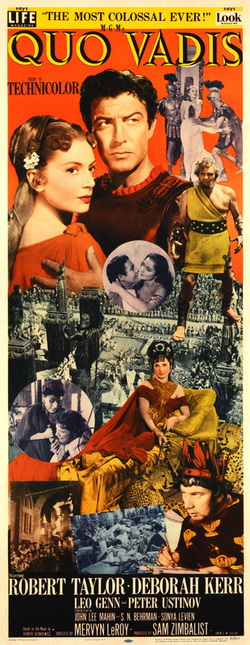
To anyone with even a passing knowledge of history and/or the New Testament, the story has familiar key points, as well as an interesting original plotline. The core of QUO VADIS revolves around the Military tribune and patrician Marcus Vinicius, masterfully played by Robert Taylor, and his development of a romantic fixation on the beautiful Ligia, played by Deborah Kerr. Vinicius has been away on a three-year campaign with his legions; on his return to Rome, he receives word that he must make camp outside the city on the strict orders of Emperor Nero, played by the wonderful Peter Ustinov. Angered, Vinicius drives his chariot wildly into the core of the city to demand the reason for the delay.
Once in the palace of the Emperor, Vinicius is calmed by his uncle Petronius, played by the charming, Leo Genn. The Emperor assures Venicius that his patience will be rewarded when another legion arrives, as a massive triumph is planned in his honour. This placates our hardened warrior, and he sets about the long-awaited task of relaxation. Uncle Petronius has arranged a temporary lodging in the villa of the retired general Aulus Plautius, until his own house is put in order. Once there, Vinicius spies the lovely Calina, called Ligia, in the care of Plautius and his wife. Calina is legally considered a hostage of Rome, being the daughter of the king of the conquered Ligians; her use of Ligia as her name is in recognition of her people, to which her only connection is the giant tribesman Ursus*, her servant and sworn protector. Unknown to Vinicus, Ligia, her adopted mother, and Ursus are converts to the new religion of Christianity.
Vinicius is consumed with a desire to possess Ligia. He's a hard, determined man, entirely of the Roman way of being; what is wanted can be had, whether bought, stolen, litigated or killed for...he sets about acquiring Ligia by any means. Though Ligia is immediately attracted to Vinicius, his brutish, paternal attitude and lack of the Christian faith drive her into internal conflict. When set upon by Vinicius to join in a lustful pagan-blessed bond, she denies her powerful desires and declines.
| Of course, that doesn't stop Vinicius. Through his uncle's close connection with the solipsistic sociopath Nero, he works the laws concerning hostages to his benefit; Nero gives Ligia to him as a gift. Of course, Ligia is mortified by this ethical breach, and very strongly expresses her distaste for Vinicius' methods. Her fellow Christians are upset as well, and during the night-time delivery of Ligia to Vinicius, the pacifistic Ursus leaps from the dark, accidentally killing the soldier accompanying the party...he and Ligia escape into the dark, into the waiting company of her friends. |
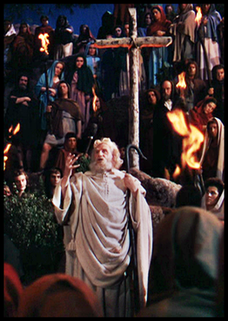 The Apostle Peter testifies
The Apostle Peter testifies I thought this was an incredible movie. Whether you are a Christian or not, it's powerful stuff; the concepts of love and forgiveness, of loyalty and friendship, of possession, obsession and madness are dealt with in a deeply compelling way. The history was given a fun treatment, and though many fans of the novel have panned the adaptation for gross oversimplification, there seems to be a grudging acceptance of this as good, big-screen stuff. In fact, I'm inspired to read the novel, which I found for free on the internet...I look forward to experiencing the story as originally written.
The title QUO VADIS, by the way, refers to the tale of Peter, who, while escaping from persecution in Rome, meets the resurrected Jesus on the road, heading into the city. Peter asks his saviour, "Quo Vadis, domine?" (Latin: "Where are you going, Lord?"), to which Jesus replies, "I am returning to be crucified again". This inspires Peter to return to the city himself, an act which will lead to his own martyrdom. In a show of extreme piety, Peter requests of the Romans that he be crucified upside down, so his death might not be compared with the execution of his Lord. These scenes are played out in the film, and I thought they were handled extremely well. The portrayal of Christianity here is a more gentle, old school, pre-1960's approach; the genuine love and peace of the true Christian message conflicting sharply with the more battle-hardened current take on the subject.
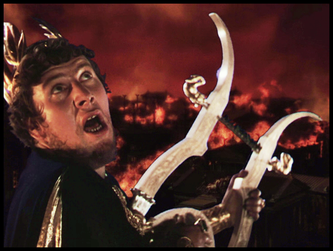 Nero croons while Rome burns...
Nero croons while Rome burns... So, whether you care for biblical stories or not, I hope you'll give QUO VADIS a look; it's on par with the legendary Hollywood blockbusters.
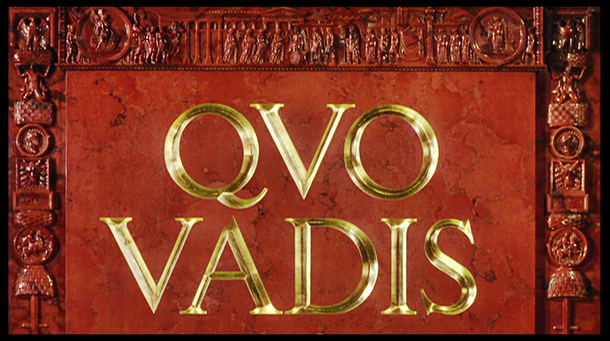
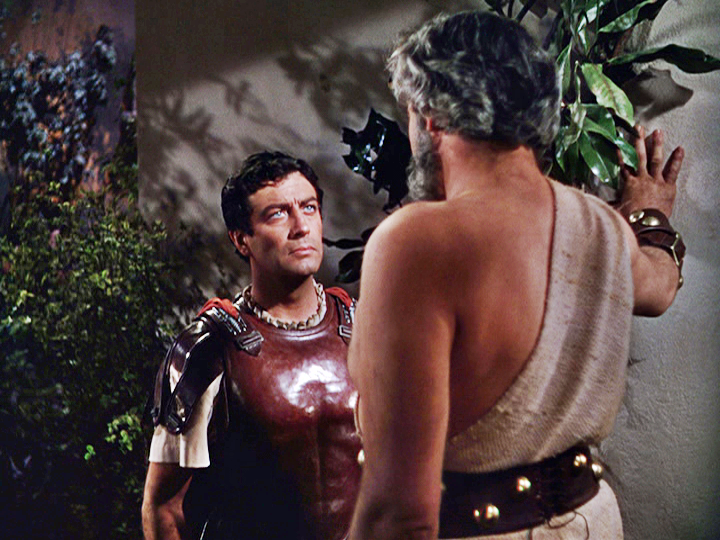
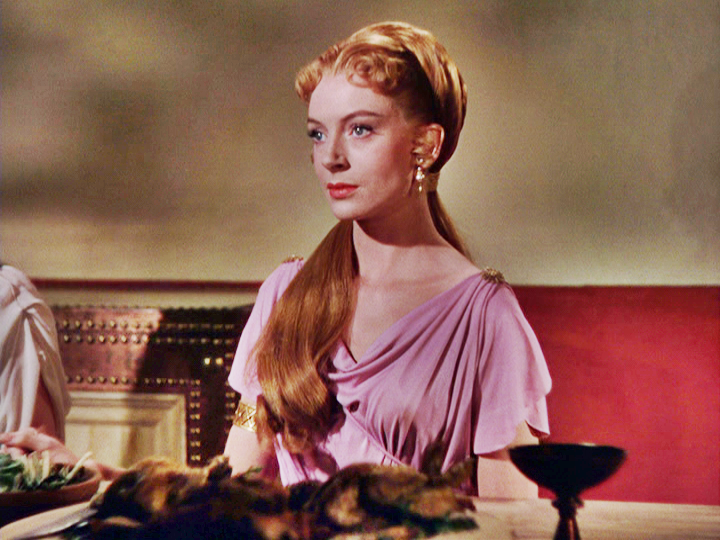
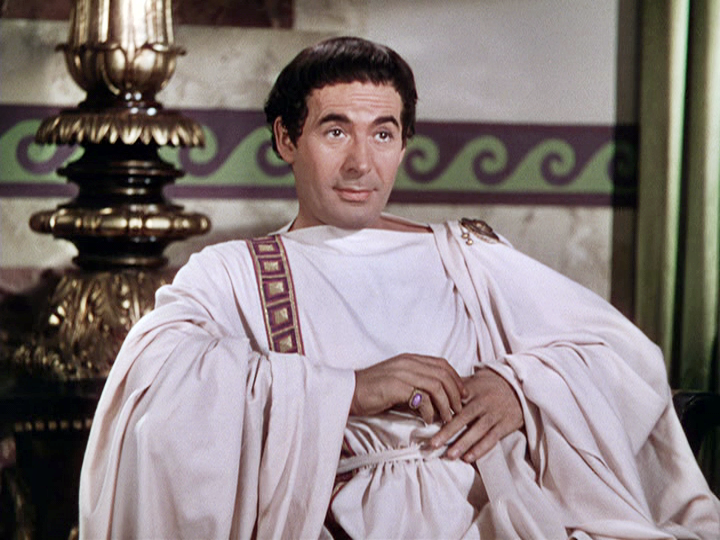
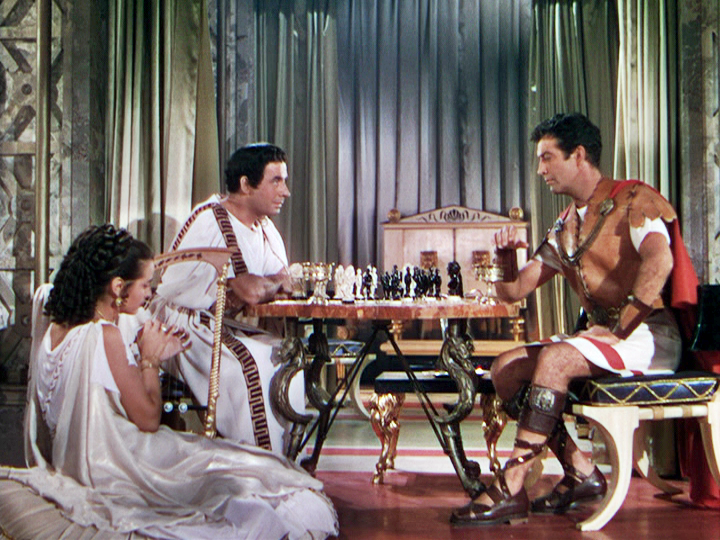
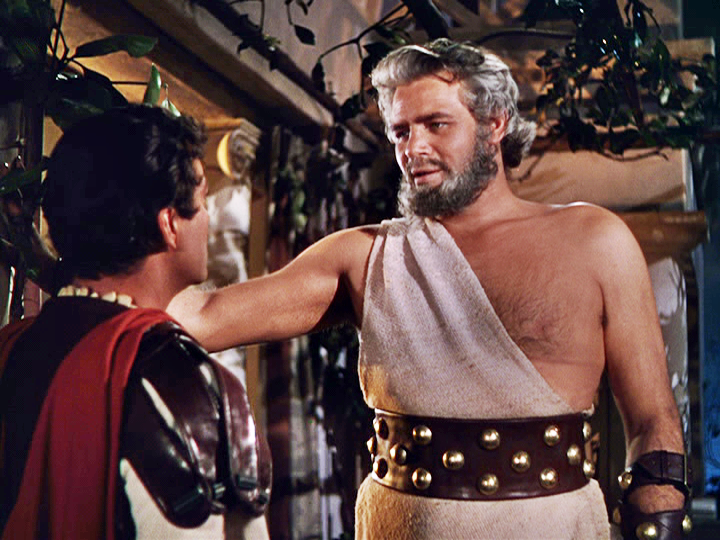

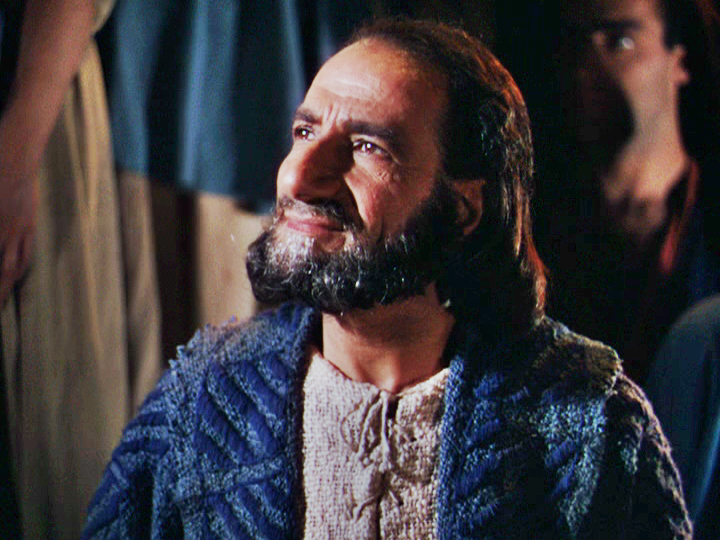
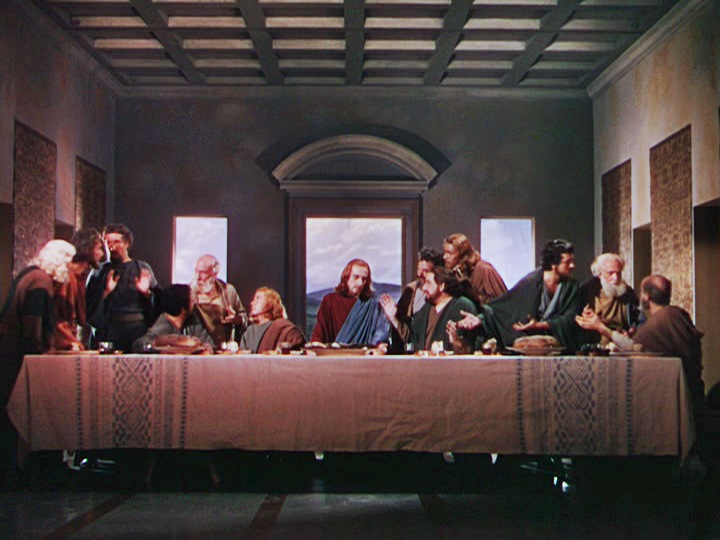
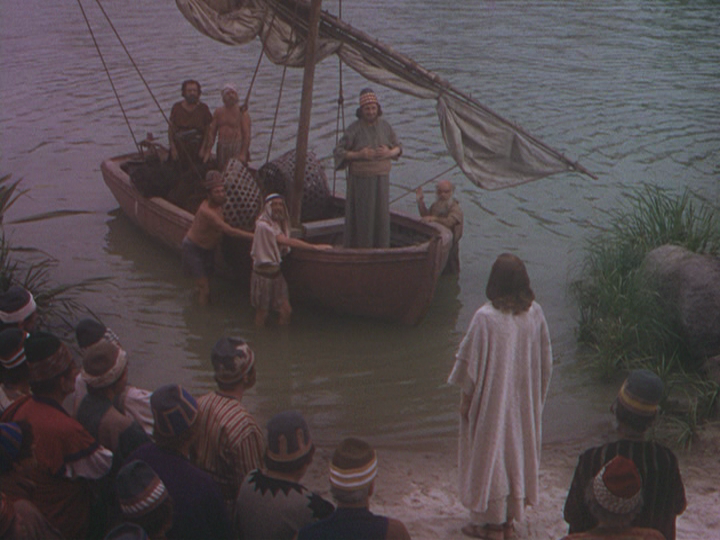
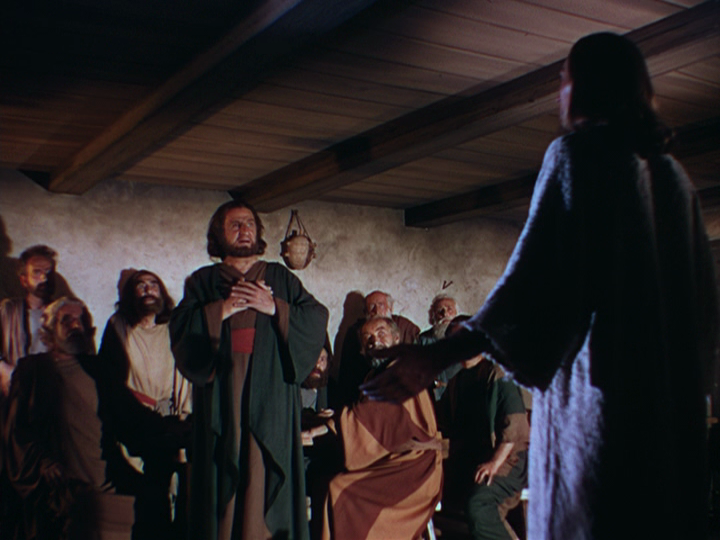

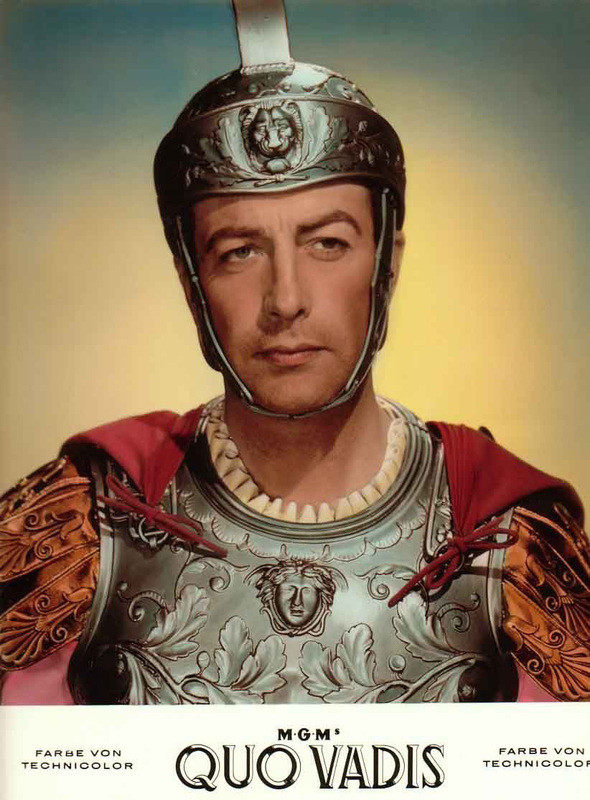
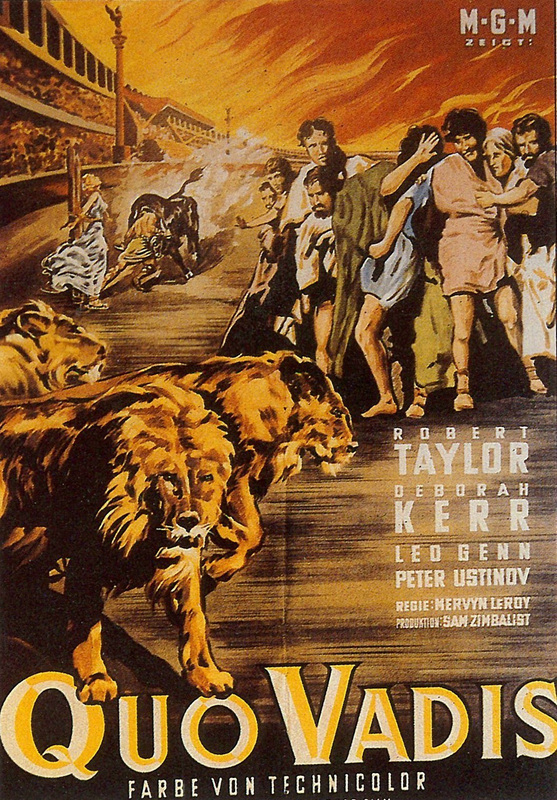
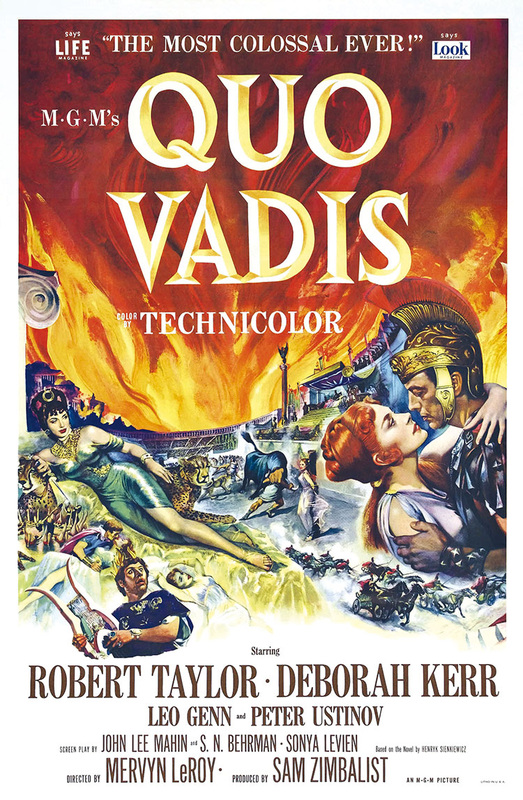
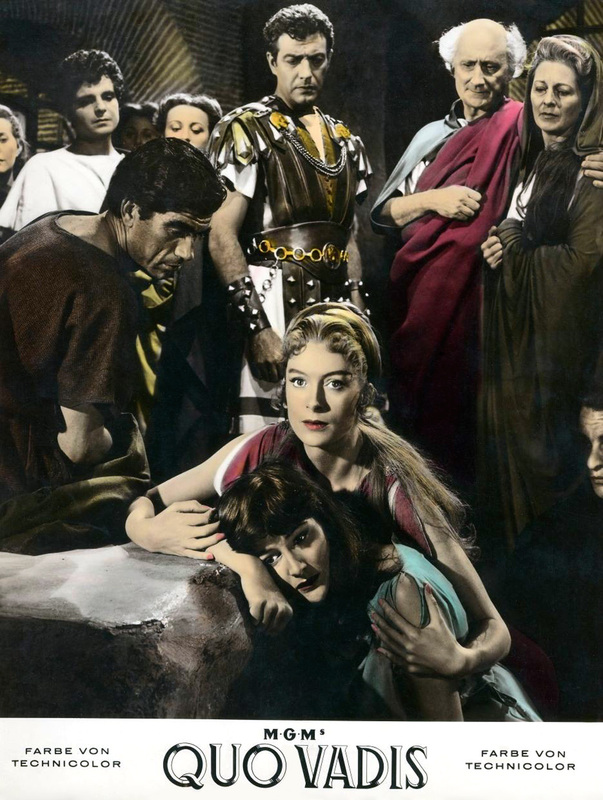
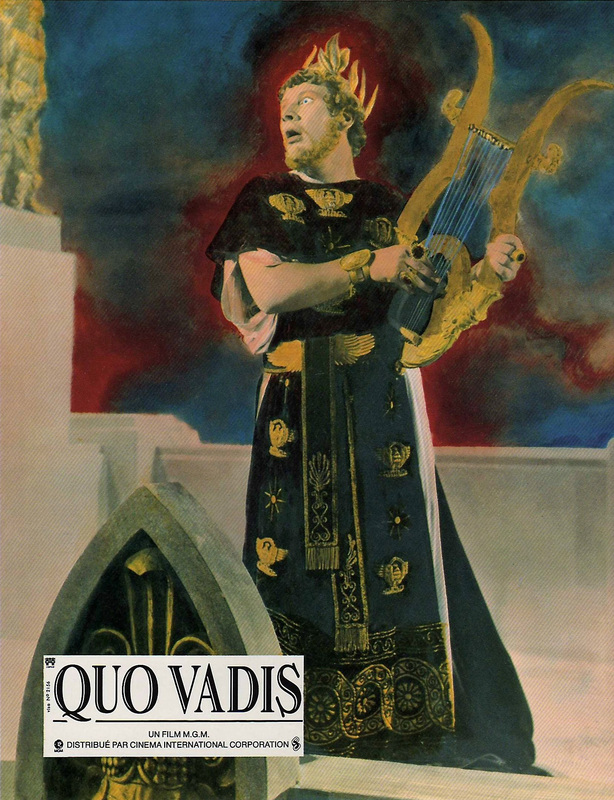
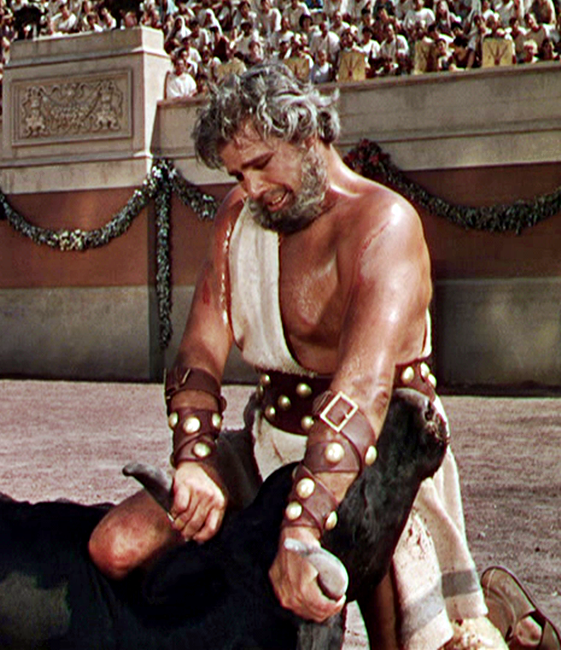
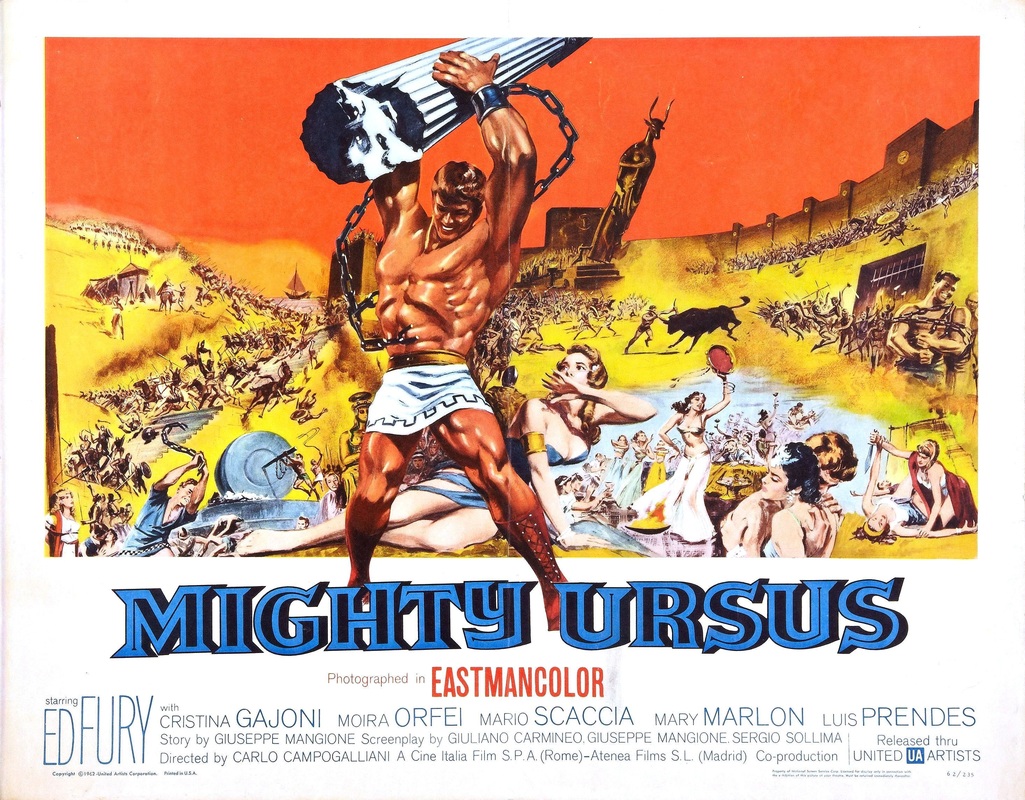
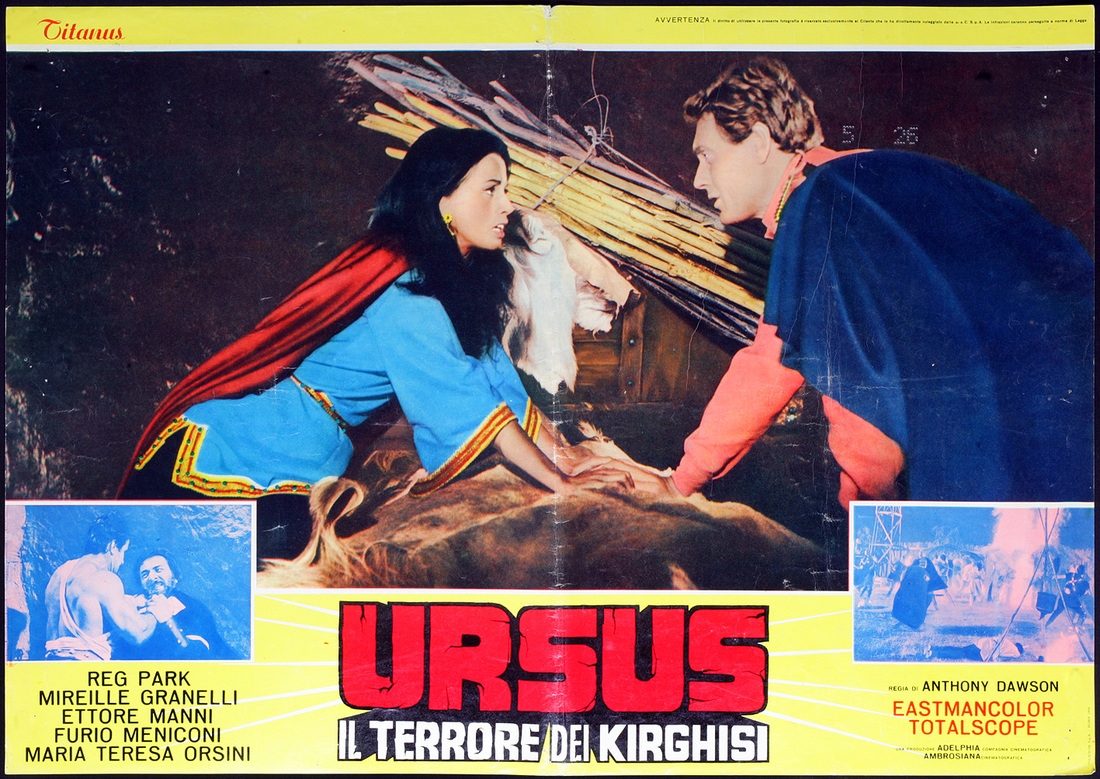
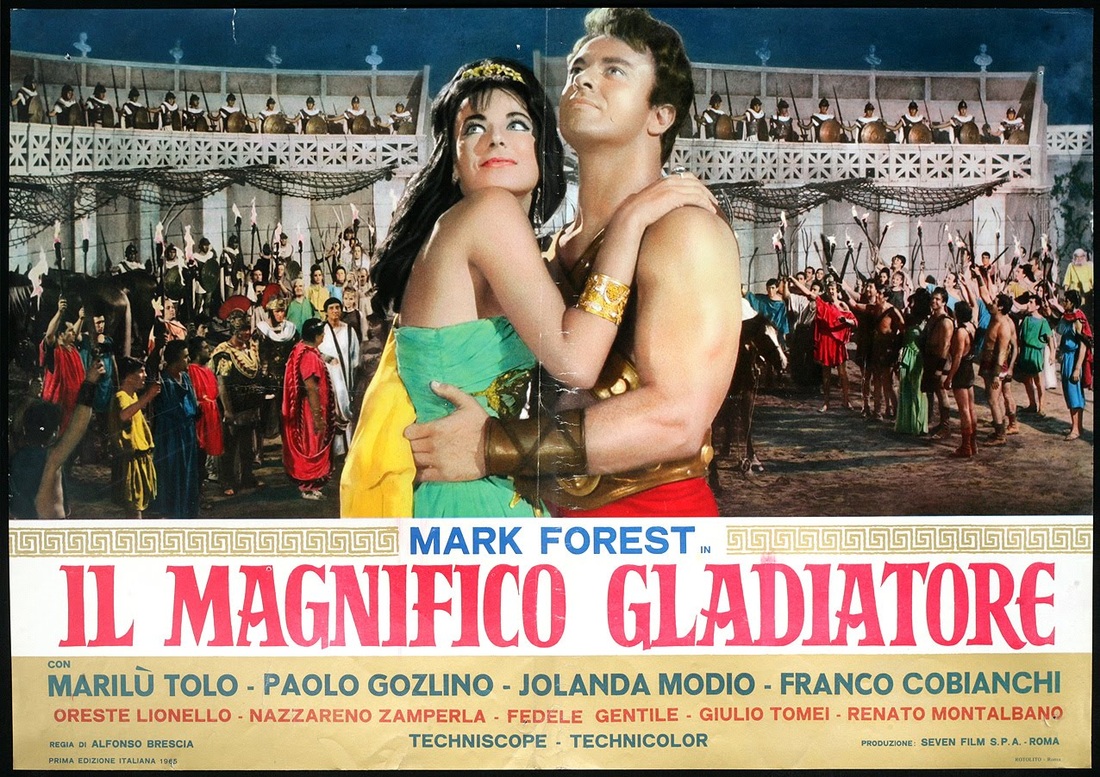
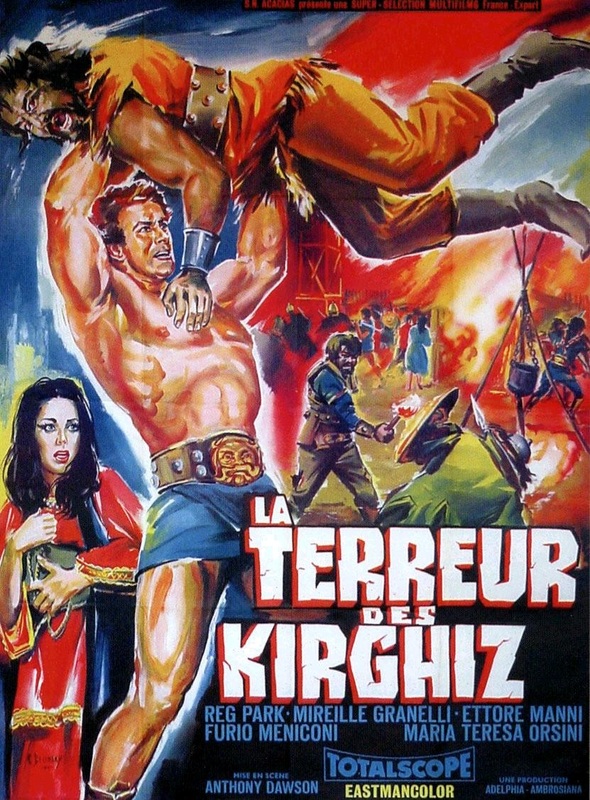
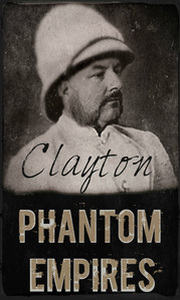
 RSS Feed
RSS Feed

